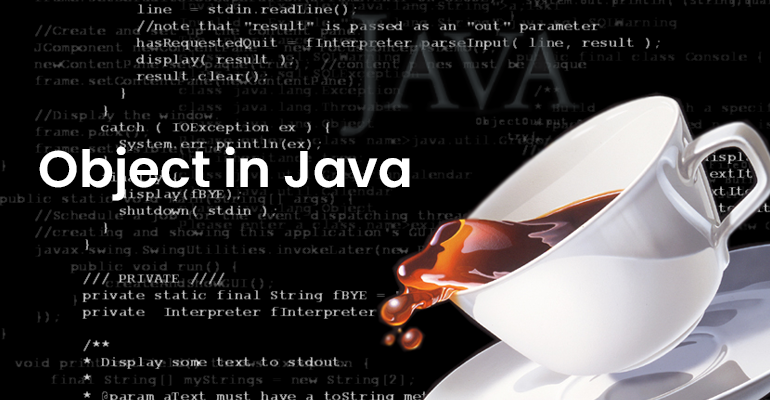In Java, the Object class serves as the parent for all classes, providing the basis for inheriting traits. Every Java class, whether directly or indirectly, is associated with the Object class in the java.lang package.
This connection is essential for Object class methods in Java, establishing how different classes share common behaviors. Understanding these Object class methods is key to grasping how classes in Java inherit and utilize functionalities.
Object Class Methods in Java
The methods within the Object class in Java play a fundamental role in object-oriented programming. Understanding these methods is crucial for effective Java development, as they provide essential functionalities that are inherited by all classes. In this article, we’ll explore the various methods of the Object class methods in Java and understand their purposes and functions.
toString() Method
This method obtains the object’s string representation, offering flexibility for customization. For instance, in a class such as “Office,” you have the option to adjust how the branch head with location appears when utilizing this method. The object itself determines its representation, proving valuable particularly during debugging. This functionality is part of the Object class methods in Java.
hash code() Method
A hash code is a numeric value generated by a specific method known as a hashing algorithm. In Java, every object possesses a distinct and unique hash code. This code is derived by applying the algorithm to the internal address of the object. It’s crucial to note that the hash code is not the real memory address; rather, it serves as a numerical representation of that address.
equals() Method
This method compares two objects and indicates whether they are equal or not. It is used to compare the value of the object on which the method is executed to the value of the object passed as a parameter.
get() Method
Java’s get() function, associated with objects, retrieves the value of a designated field represented by a Field object. If the field is of a primitive type, the procedure encapsulates the value in an object automatically. Additionally, the get() method serves to retrieve the runtime class object and gather metadata about the field, enhancing its utility.
finalize() Method
The garbage collector triggers the finalize() method when removing an object from memory, specifically when there are no remaining references to that object.
Clone() Method
In a subclass that implements the Cloneable Interface, it is expected to override the clone() method of the Object class. This method is utilized for creating a clone, essentially a duplicate of the object along with its member variable values, using the syntax aobj.clone(). If a class fails to implement the Cloneable interface, attempting this process results in a thrown CloneNotSupportedException.
wait() Method
By using this technique, the current thread is made to wait for a notification from another thread. Within the function, you must provide the time in milliseconds for which the thread will remain in this waiting state.
notify() Method
By using this technique, notifications are sent to a single thread at a time, waking it up while it is waiting for a certain item.
notifyAll() Method
This function awakens all threads that are currently waiting for an object and sends notifications to all threads at the same time.
Conclusion
In conclusion, understanding Object class methods in Java is critical for improving programming skills. Being proficient in these techniques is essential for efficient object management and interaction, which helps create reliable Java programs.
Object class methods are a key component of good Java programming and provide important insights for understanding object-oriented ideas. Consider enrolling in Java Training in Chennai to increase your knowledge and improve your ability to use Object class methods.
